Contemporary geopolitical and security analyses are typically written in the declarative mood, despite the fact that most of the claims would be better expressed in the conditional. Among moralizing "intellectuals," it is increasingly fashionable to write analyses in the imperative mood. This is the expanded version of Greta's "How dare you?!" and the speeches of Mr. Zelensky, complete with added factors for impact.
Breaking with these deep-rooted linguistic traditions, I will try to frame the following analysis in the interrogative mood. Why? Because, unlike the ideologues on this topic, I believe that
when it comes to the issue of an independent European nuclear force, there are far more question marks than periods. To avoid any misunderstandings, let me state from the outset: I do not have good answers to most of my questions. Not even average ones. But I suspect the EU's leaders feel the same way. Tight-lipped determination and a hardened Kojak jaw do not, by themselves, constitute a strategy.
However, mapping out the questions can serve a useful purpose in understanding the complexity of the initiative and in marking the minefields along the path to achieving the goal.
So, let’s examine the most fundamental questions and obstacles that the EU's leadership must overcome in order for Europe to have its own "red button" after crossing the finish line.
1. Political and Strategic Questions
a) The question of national sovereignty
Few things provide more tangible evidence that a state takes its sovereignty seriously than the establishment of its own national nuclear option. Is it conceivable that - in a noble gesture - the French president would reclassify the persistently Gaullist French nuclear arsenal as "European"? Will member states be content with a federal nuclear umbrella of dubious reliability, or will they, like Sweden and West Germany before them, contemplate the idea of building a "private umbrella under the umbrella"?
b) Divergent national interests
Is it possible to develop a consensus-based EU nuclear strategy when the member states’ strategic priorities, security policy perceptions, and political visions regarding the role of nuclear deterrence differ so significantly?
Can such a strategy be crafted in an alliance where one pole is France, committed to the first use of nuclear weapons, and the other pole consists of the signatories of the Treaty on the Prohibition of Nuclear Weapons (TPNW) — Austria, Ireland, and Malta — who are in favor of banning nuclear weapons?
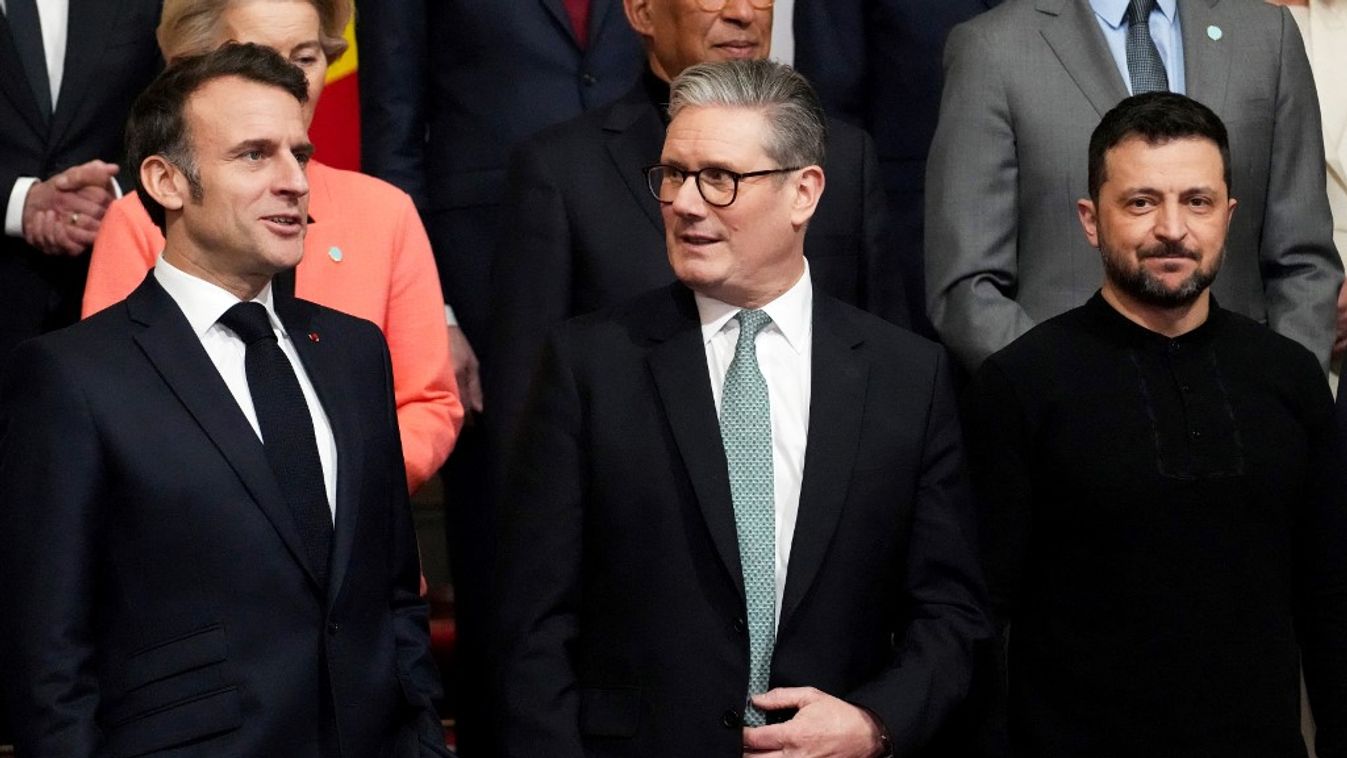
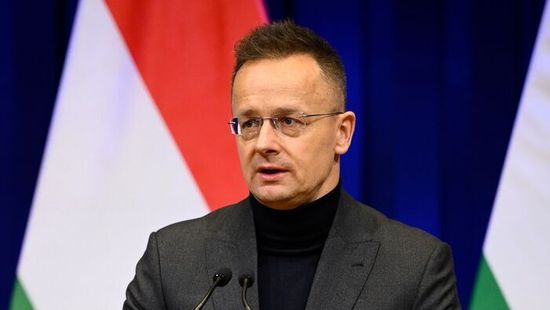

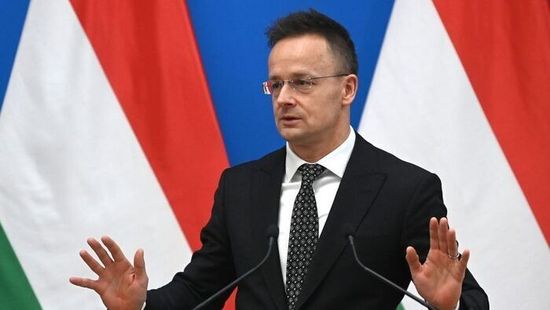
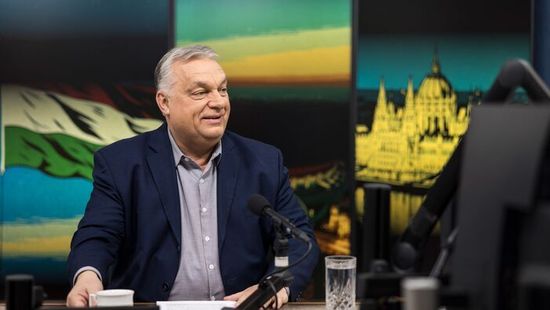

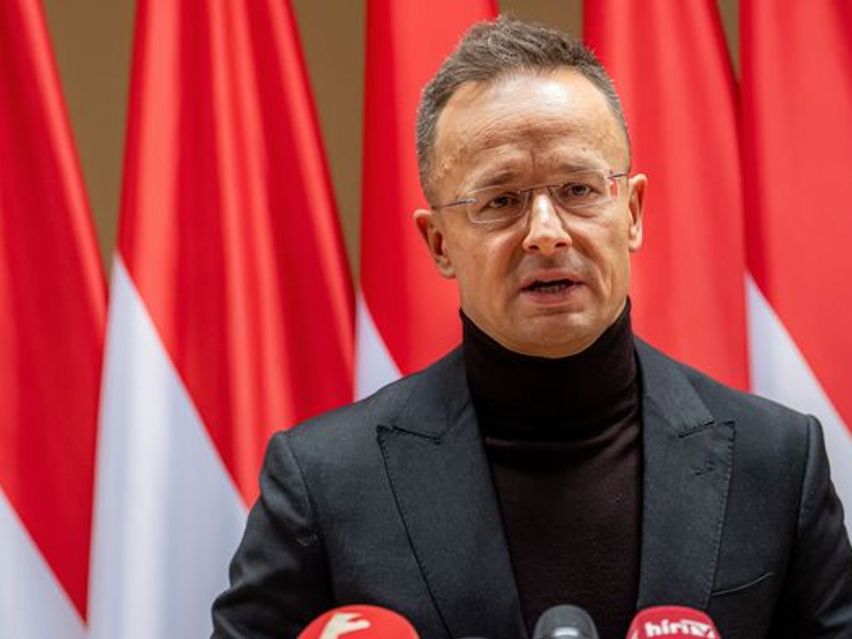
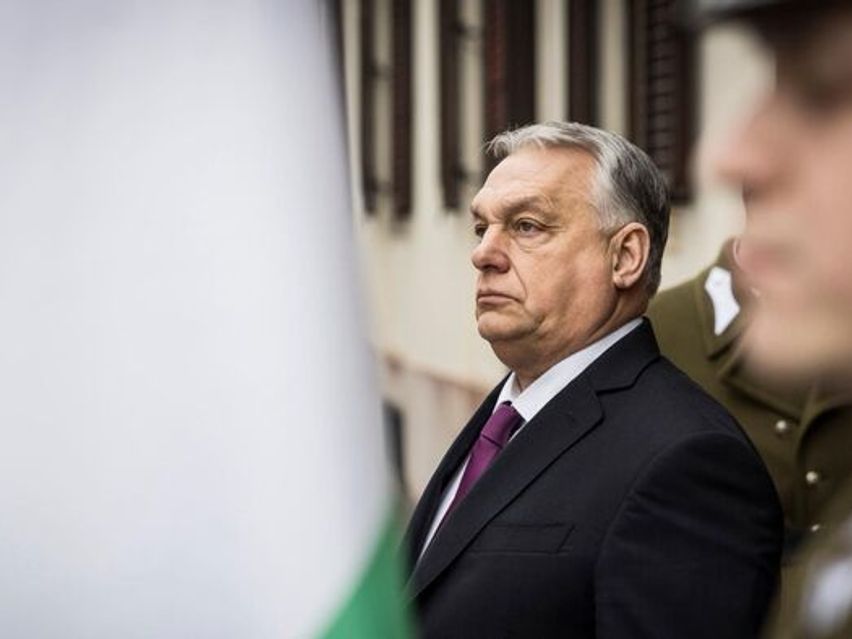
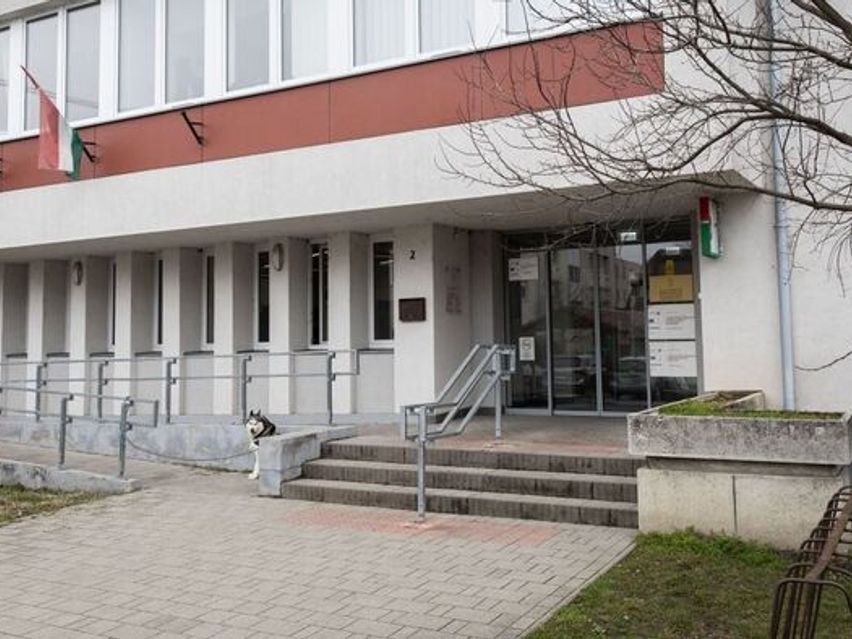
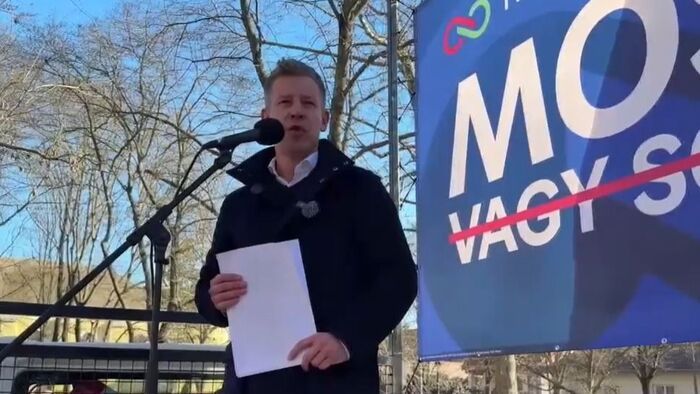

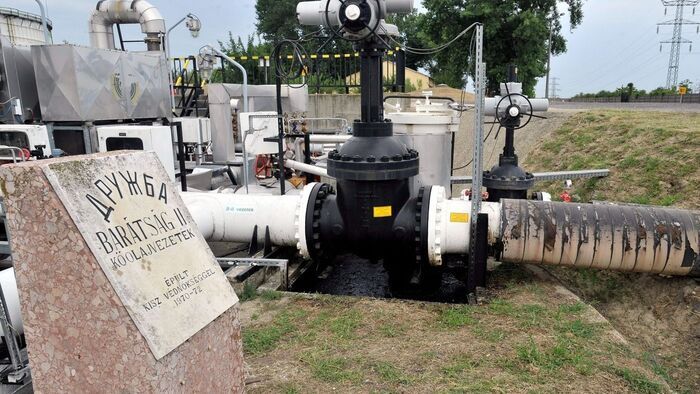

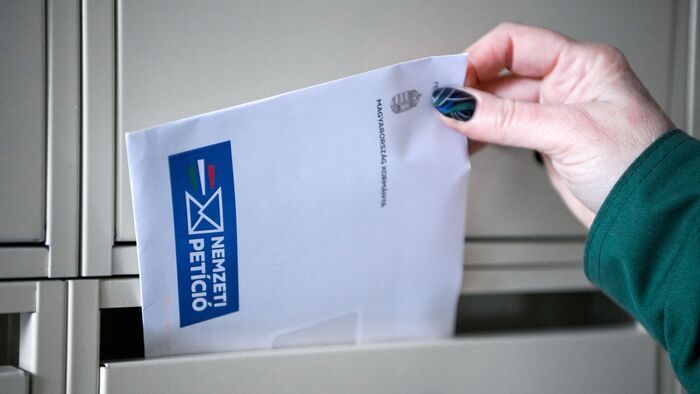
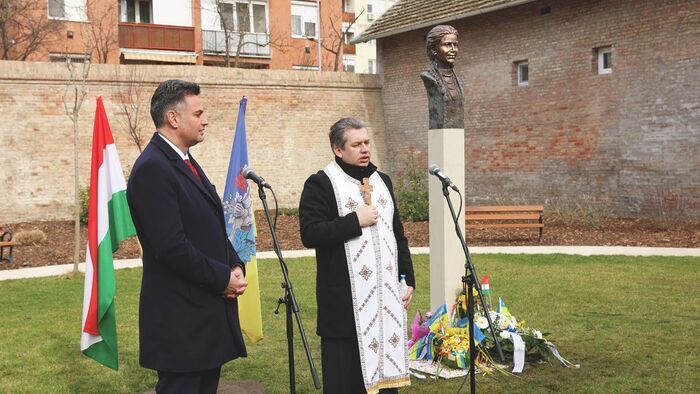
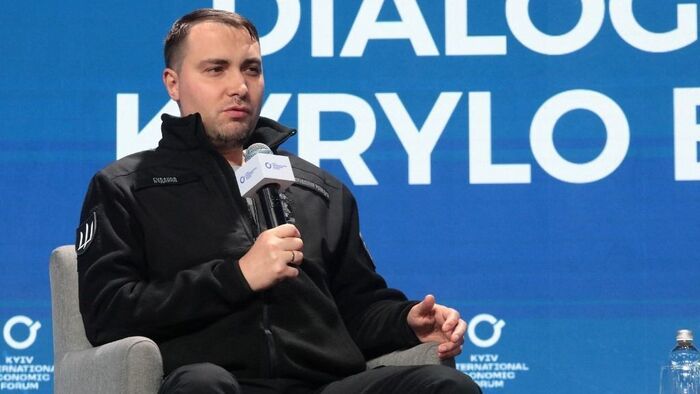
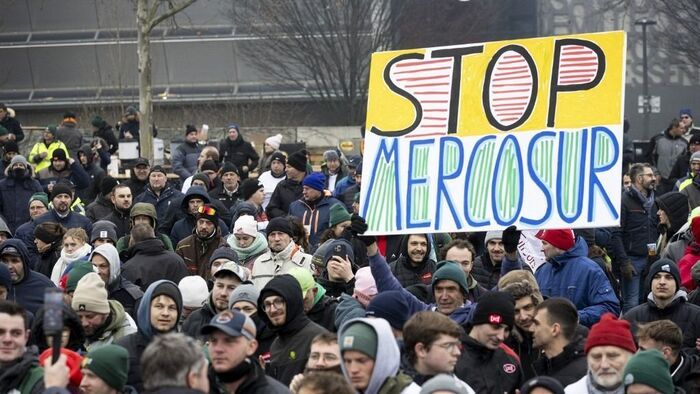






Szóljon hozzá!
Jelenleg csak a hozzászólások egy kis részét látja. Hozzászóláshoz és a további kommentek megtekintéséhez lépjen be, vagy regisztráljon!